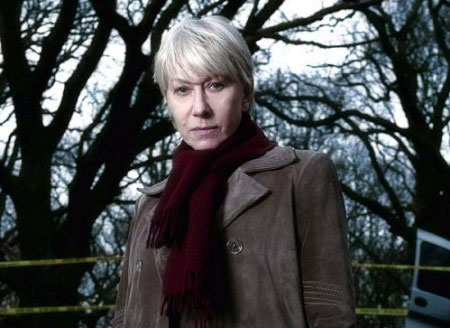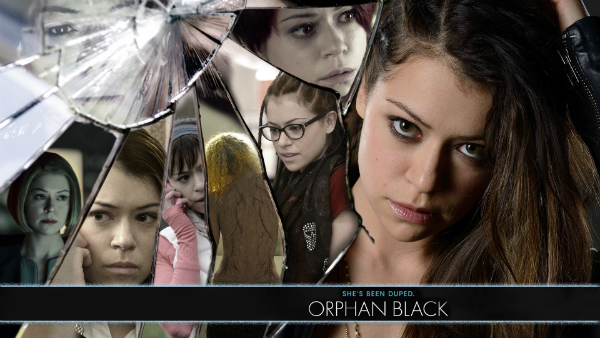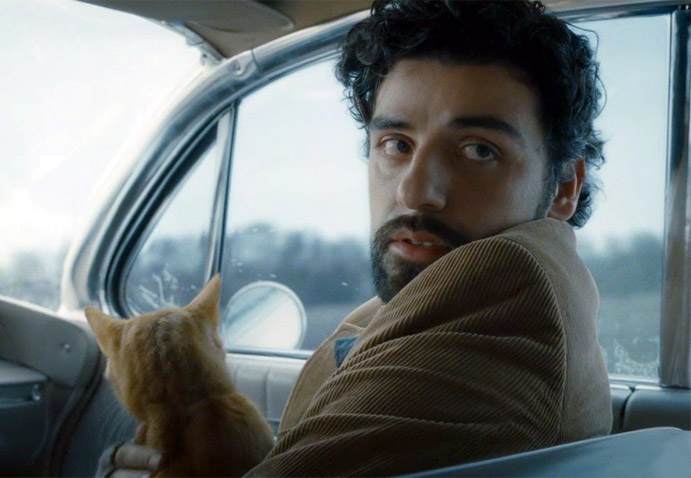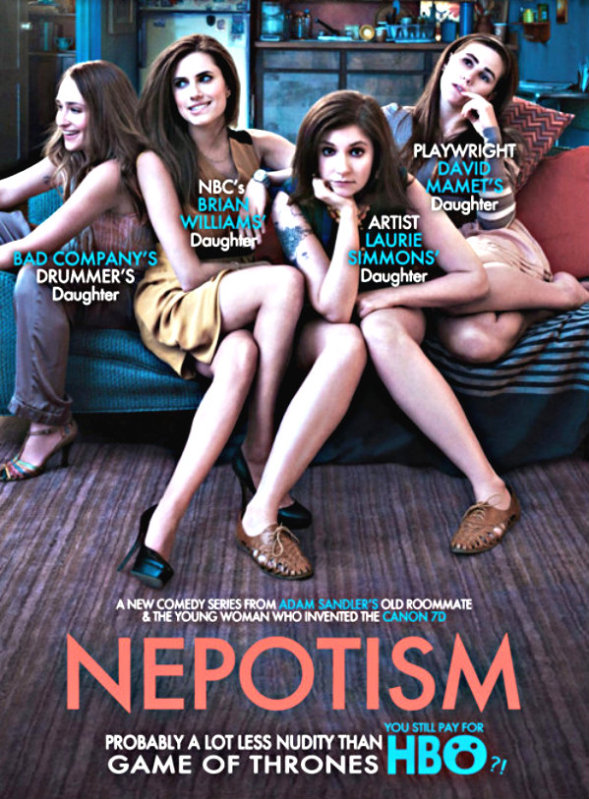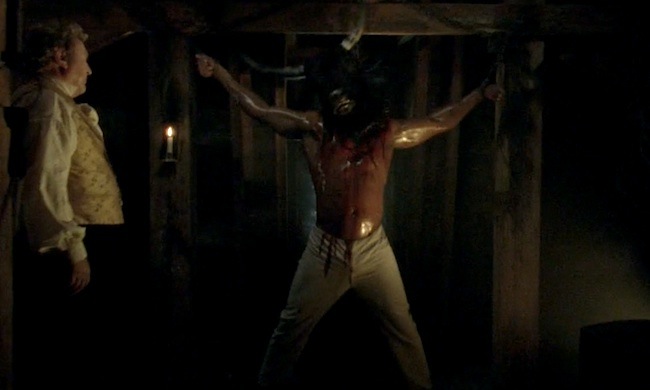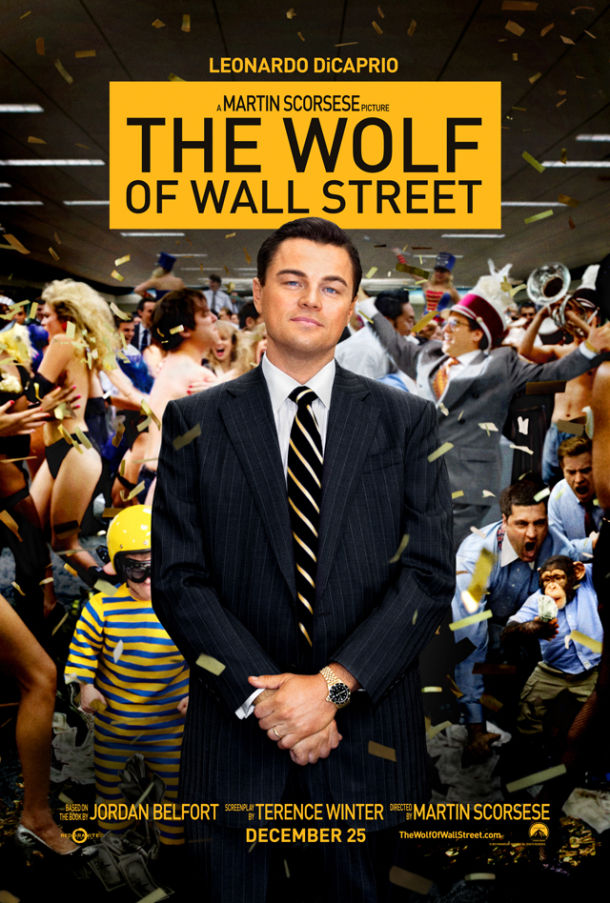American Mythology in ‘Sleepy Hollow’
I think this show demonstrates some of the very best and the very worst of quintessential Americanism: the idea of the melting-pot and a generous cultural and mythological syncretism or ecumenism, and a fine implementation of the ideals of opportunity, liberty, and justice for all; but also a pro-American revisionism that uncritically elevates the ideals of the US above all and completely ignores the genocide at the foundation of this nation. ‘Sleepy Hollow’ mythologizes the past in a way that speaks volumes about the present.

